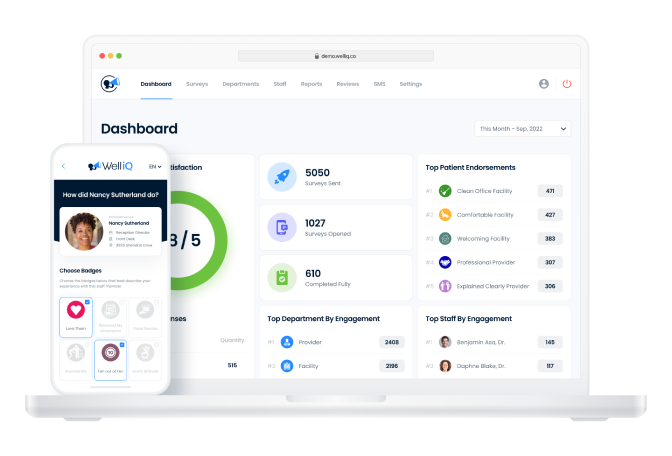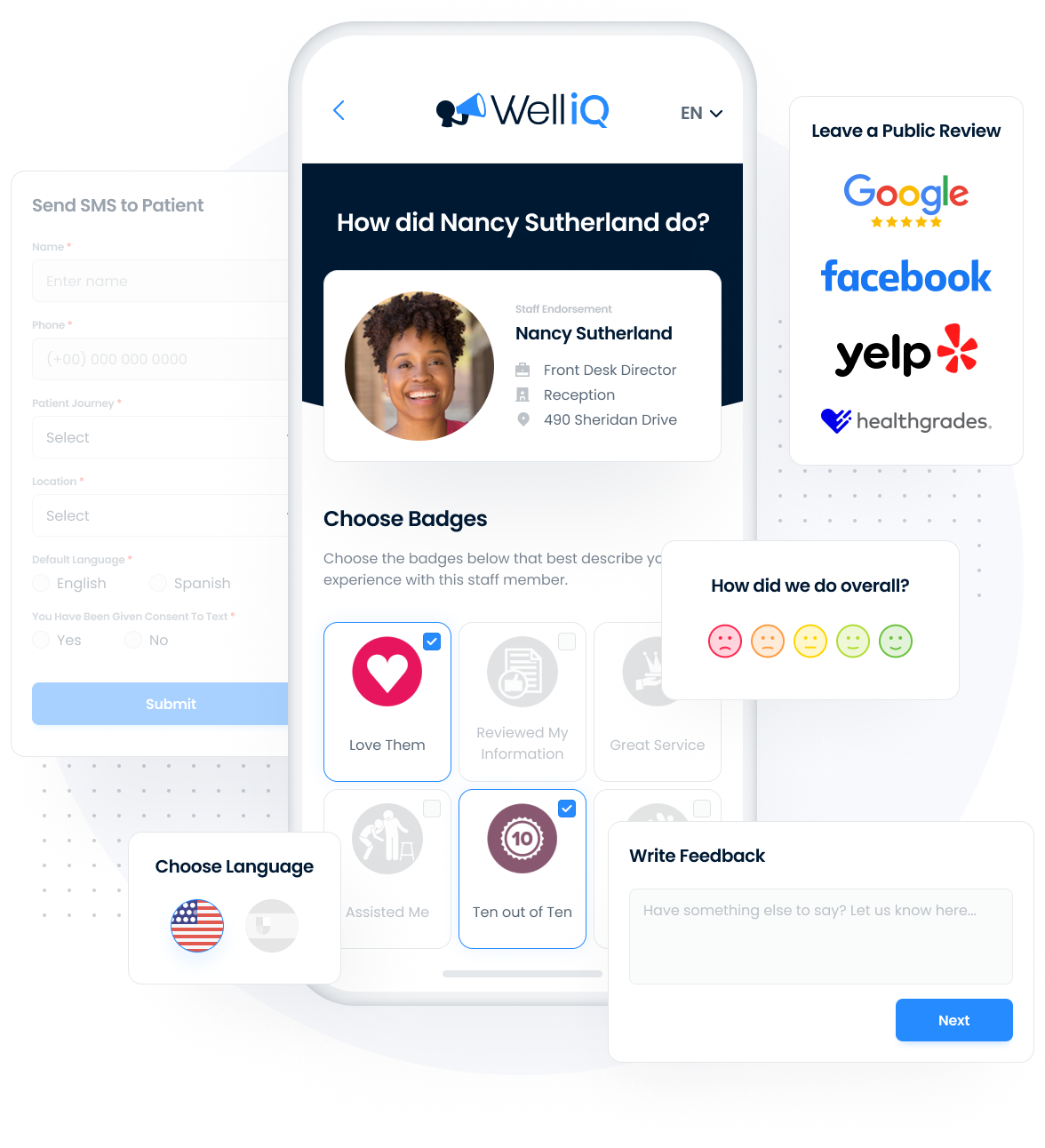Staff Engagement in Healthcare Organizations: Creating a Culture of Appreciation
Healthcare organizations have a staffing problem.
The healthcare teams responsible for all patient experiences, from the front office to the final billing, are reeling. Some staff know they are appreciated, but in general, healthcare teams are over worked, over committed, and completely inundated by the constant demands of administration, patients, insurance companies, and never-ending tasks that need to be accomplished.
Healthcare organizations cannot treat patients effectively without an attentive, engaged staff. Decreased levels of patient care increase liability and dramatically impact current and future business sustainability. Though working in healthcare is often considered a “calling,” workers are still people with the intrinsic need to receive positive reinforcement and encouragement from their peers and administration.
While there are numerous demands on the administration of healthcare organizations of all sizes, staff engagement and encouragement need to be a priority. Studies show that low staff morale contributes to increased patient errors, near misses, and high turnover.[1] The consequences of errors and turnover ultimately impact the ability of a facility to adequately serve patients and continue practicing medicine. These potential issues can often be avoided by creating a culture of appreciation within your healthcare organization.
Healthcare staff who feel supported and valued are more likely to be motivated, productive, and have a higher level of job satisfaction. In addition, engaged healthcare staff are more likely to provide the best possible care for their patients. Engaged healthcare staff are more likely to stay in their jobs and be committed to their organization.
Healthcare staff engagement is a multifaceted concept that includes many factors. Staff should feel connected to their organization and should have a sense of purpose. They should also be provided with the tools, resources, and training necessary to do their job effectively. Healthcare staff should also have access to a supportive network of colleagues and mentors, and be encouraged to take on new challenges and develop their skills. There are a number of ways to foster healthcare staff engagement. First and foremost, it is important to recognize and reward staff for their hard work. This could include tangible rewards such as bonuses or promotions or intangible rewards such as recognition and praise. It is also important to ensure that staff have the resources they need to do their job effectively, such as access to the latest technology and up-to-date information.
Another way to foster healthcare staff engagement is to create a culture of trust and respect. This includes establishing an open-door policy, where staff feel comfortable sharing their opinions and concerns. It is important to have clear communication channels, such as regular staff meetings and performance reviews. Healthcare staff should have access to resources such as education and training opportunities and be given the opportunity to provide input into the decision-making process. The culture of a healthcare organization should foster collaboration and innovation. This means encouraging staff to come up with new ideas and solutions to problems, and rewarding them for their efforts. These changes create a sense of ownership and responsibility among staff, by giving them the autonomy to take initiative and make decisions. Finally, healthcare staff engagement should be supported by leadership. Leaders should be present and visible and should actively listen to staff. They should provide guidance, direction, support, and ensure that staff have the resources and training they need to do their job effectively. Healthcare staff engagement is essential for providing quality healthcare. By creating an environment that supports staff and encourages their involvement, organizations can create a culture of excellence, improve patient outcomes, and ensure a positive workplace culture
[1] https://www.ncbi.nlm.nih.gov/pmc/articles/PMC7984750/




